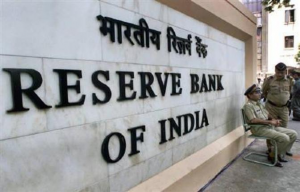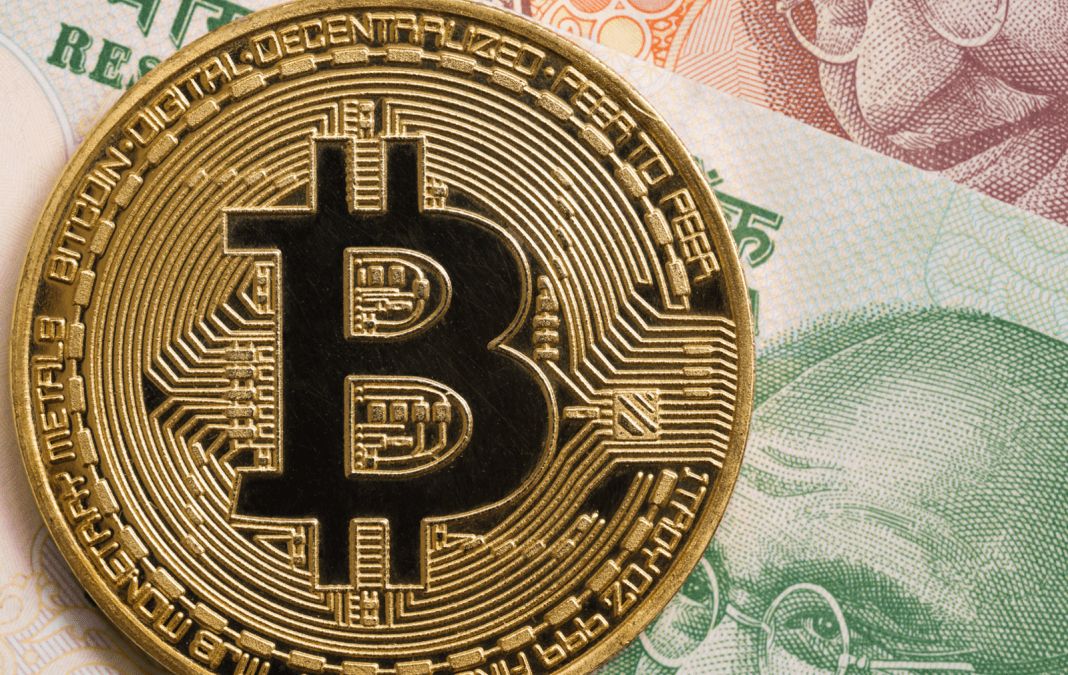As the Indian government discusses the regulatory framework for digital currencies such as bitcoin, a disagreement over which regulatory body should be in charge erupts. While the Reserve Bank of India suggests that bitcoin is a commodity, the Securities and Exchange Board of India disagrees.
Also read: India’s Supreme Court Seeks Answers as Bitcoin Legalization Focus Turns to Taxation
Which Government Body Should Regulate Bitcoin
 In a recent meeting hosted by the finance ministry to discuss the regulatory framework of digital currencies including bitcoin, the Reserve Bank of India (RBI) and the Securities and Exchange Board of India (SEBI) fought over who would regulate the digital currency. “SEBI, RBI engage in turf war over Bitcoin regulation,” Business Standard described on Friday.
In a recent meeting hosted by the finance ministry to discuss the regulatory framework of digital currencies including bitcoin, the Reserve Bank of India (RBI) and the Securities and Exchange Board of India (SEBI) fought over who would regulate the digital currency. “SEBI, RBI engage in turf war over Bitcoin regulation,” Business Standard described on Friday.
The RBI believes that bitcoin is a security rather than a currency and should be regulated by SEBI, the publication detailed, adding that the central bank proposed it should trade as commodity derivatives, similar to gold or silver. The RBI also recommended for SEBI to ensure that bitcoin is not used for any illegal activities like money laundering or terror funding.
SEBI opposes the central bank’s proposal, the publication noted, and then quoted a regulatory official saying:
It (bitcoin) cannot be classified as commodity derivatives as per extant legal provisions.
The publication also reported that a number of legal experts believe that bitcoin cannot be categorized as commodity. “Commodities are usually well-known items and maintain accountability. How will bitcoin, which has no existence, fit in the category?,” asked RS Loona, managing partner at Dhaval Vussonji Alliance. “The government needs to come out with the legal definition and terms before putting into any category.”
Supreme Court Ordered RBI to Take Action
 The RBI’s push for SEBI to regulate bitcoin came after it had been criticized for not taking enough action against the use of digital currencies in India.
The RBI’s push for SEBI to regulate bitcoin came after it had been criticized for not taking enough action against the use of digital currencies in India.
A public interest litigation (PIL) was filed in the Supreme Court against the government and concerned ministry over bitcoin usage and increasing popularity. “Since bitcoin has no government control or government guarantee,” this petition seeks a ban on it, explained Ndtv News. After hearing the petition, the Supreme Court ordered the RBI “to look into the complaint seeking its intervention to take urgent steps for restraining the sale and purchase of cryptocurrencies like bitcoin,” Business Standard described.
Industry Prefers Self-Regulation
Meanwhile, the industry is in favor of self-regulation. Zebpay co-founder Sandeep Goenka said that the Indian Bitcoin economy would most benefit from the creation of a self-regulatory body rather than burdening regulators like SEBI, The Hindu reported on Saturday. He suggested for the industry to form a self-regulatory organization (SRO) similar to the Mutual Fund Association of India, Internet & Mobile Association of India, or the Payment Council of India, noting that:
That’s the beauty of an SRO, that while the industry is evolving, the government does not take the burden of the responsibility. Instead, the industry does.
 Meanwhile, India already has an industry association for digital currency, called the Digital Assets and Blockchain Foundation India (Dabfi). It was founded in February by Unocoin, Zebpay, Coinsecure, and Searchtrade, after the RBI issued a warning against digital currencies.
Meanwhile, India already has an industry association for digital currency, called the Digital Assets and Blockchain Foundation India (Dabfi). It was founded in February by Unocoin, Zebpay, Coinsecure, and Searchtrade, after the RBI issued a warning against digital currencies.
The association is currently working closely with lawyers to set up regulatory guidelines for digital currency, Unocoin CEO Sathvik Vishwanath recently told Bitcoin.com, adding that Dabfi is “making sure that the present members are adhering to self-regulatory guidelines.”
Do you think India should consider bitcoin a commodity, a currency, or let it be self-regulated? Let us know in the comments section below.
Images courtesy of Shutterstock, Dabfi, SEBI, RBI
Need to calculate your bitcoin holdings? Check our tools section.










